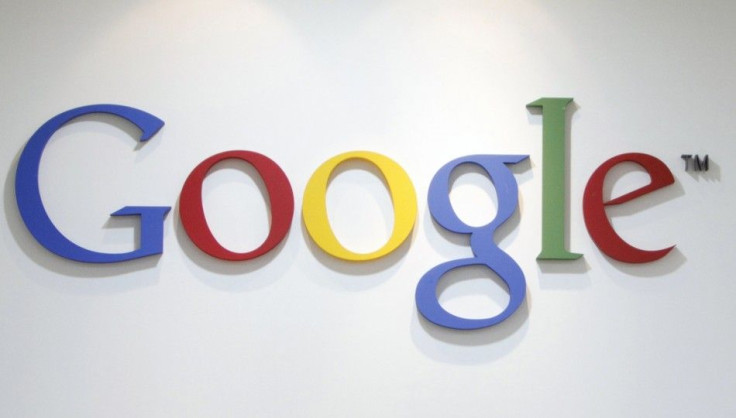Motorola Capitalizes on Google's Patent Dilemma

Google has shelled out more than $12 billion to acquire Motorola Mobility in a bid to bulwark its patent position.
The acquisition has sent tremors across the mobile landscape. Google's bid, instead of denting its competitors - Apple and Microsoft, has left its Android partners in a quandary.
However, the timing of the acquisition suggests that Google's move was more an act of desperation rather than a planned strategic move.
Google announced its plan just days after it lost the Nortel Networks patent portfolio to Rockstar consortium comprising of Microsoft, RIM, Sony, Apple, EMC and Sony Ericsson. The consortium snatched the war chest of 6,000 patents by outbidding Google. Rockstar trumped Google's $4 billion pitch by offering $4.5 billion for the prized patents which covers wireless and network technology and semiconductors.
The Nortel acquisition by its arch rivals piled pressure on Google to go for Motorola's patent portfolio. Also shareholder activist Carl Icahn's comments in July, in which he suggested that Motorola Mobility's IP, could be its most valuable asset, pegging the IP profile at $4 billion, laid the bait for Google. Icahn, who has invested close to $3 billion in Motorola common stock since 2008, chose the right time to make such a comment, just days after Google lost its bid to Microsoft and Apple.
Motorola's CEO Sanjay Jha also joined Icahn's rhetoric. On Thursday, Unwiredview quoted Jha's keynote address at Oppenheimer Technology & Communications conference as stating: "I would bring up IP as a very important for differentiation (among Android vendors). We have a very large IP portfolio, and I think in the long term, as things settle down, you will see a meaningful difference in positions of many different Android players. Both, in terms of avoidance of royalties, as well as potentially being able to collect royalties. And that will make a big difference to people who have very strong IP positions."
Thus, Motorola played its part to the hilt to showcase its patent wares to woo Google's attention at a time when Google was in its most vulnerable position.
Another reason which underscores Google's desperation is the $2.5 billion reverse breakup fee which Google is willing to pay Motorola Mobility Holdings if it fails to close the deal, Bloomberg reported.
Google's willingness to pay such an exorbitant fee stems from its fear that other players could lay their hands on Motorola's patent treasure trove. The high reverse breakup-fee could also have been pressed by Motorola as it fears that possibly the deal may hit certain regulatory snags.
However, the biggest winner from Google's gamble seems to be Motorola. Motorola has been attempting to offload its mobility business for over three years. Carl Icahn has been pushing for a Motorola split since 2007. Finally, Motorola is split into Motorola Solutions and Motorola Mobility in January.
Also the Register reported that most of Motorola patents are related to radio engineering and design. These legacy patents, like Nokia's patent portfolio, lack depth to cover patents related to complex smartphones.
Florian Mueller, in his blog FOSS Patents reveals the inadequacy of Motorola's patents. Mueller states that Motorola's patent portfolio, reportedly at around 17,000, failed to deter Apple and Microsoft from filing counter lawsuits. Motorola was the first to sue Apple in October 2010 which was more of preemptive strike to compel Apple from filing a lawsuit. However, Motorola's attempt backfired when Apple filed a patent lawsuit citing six patents.
Hence, Google's investment in Motorola from a patent perspective loses its efficacy.
© Copyright IBTimes 2024. All rights reserved.





















